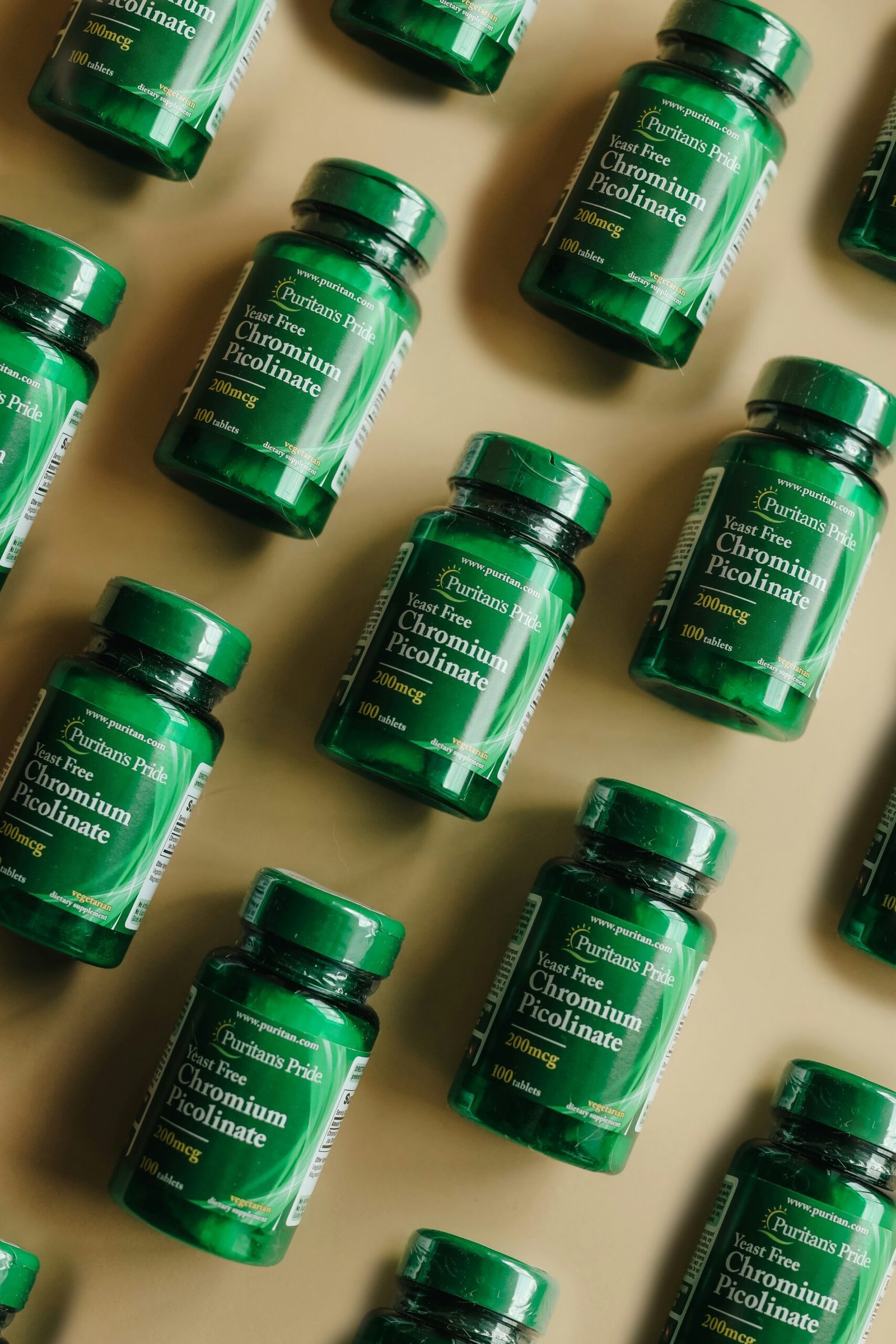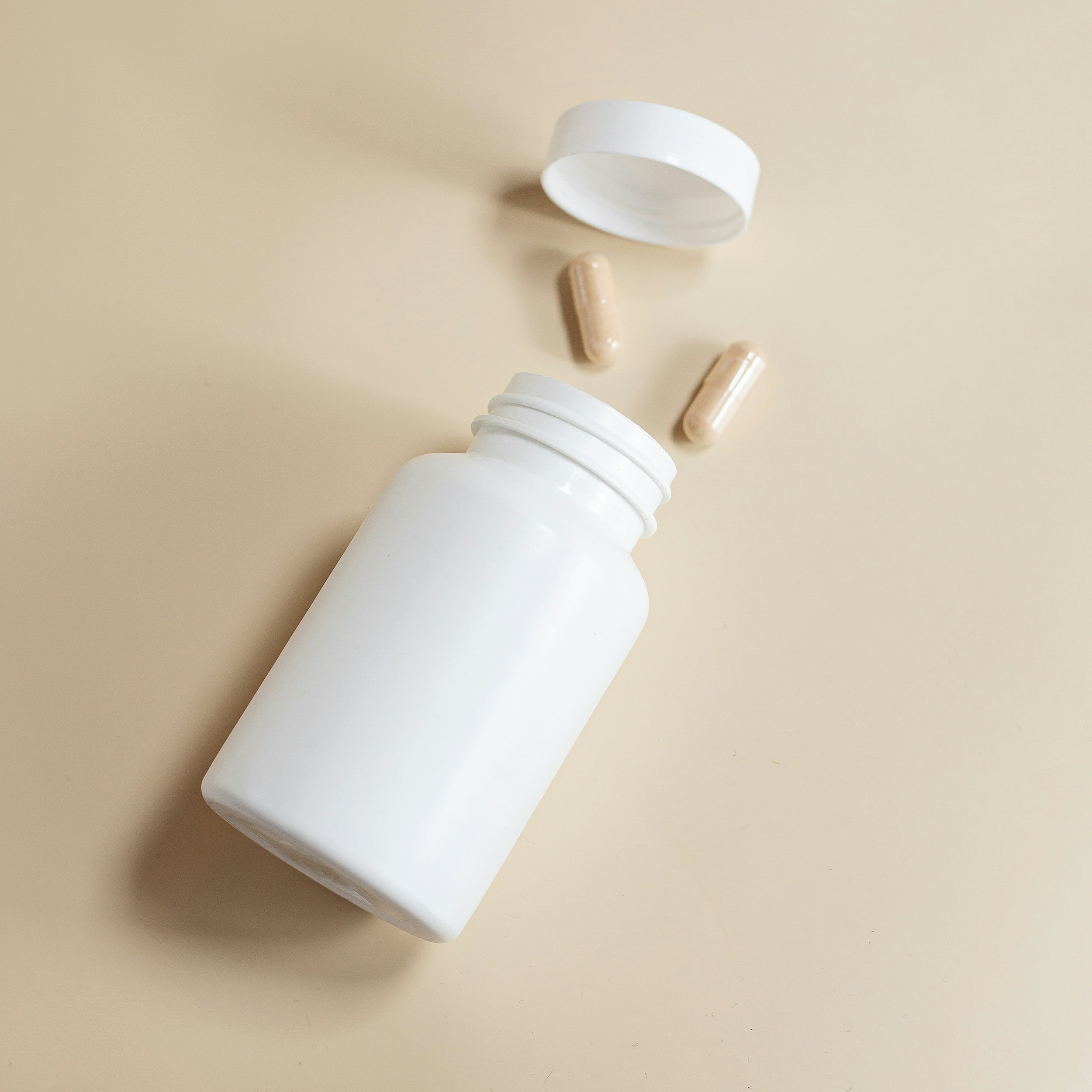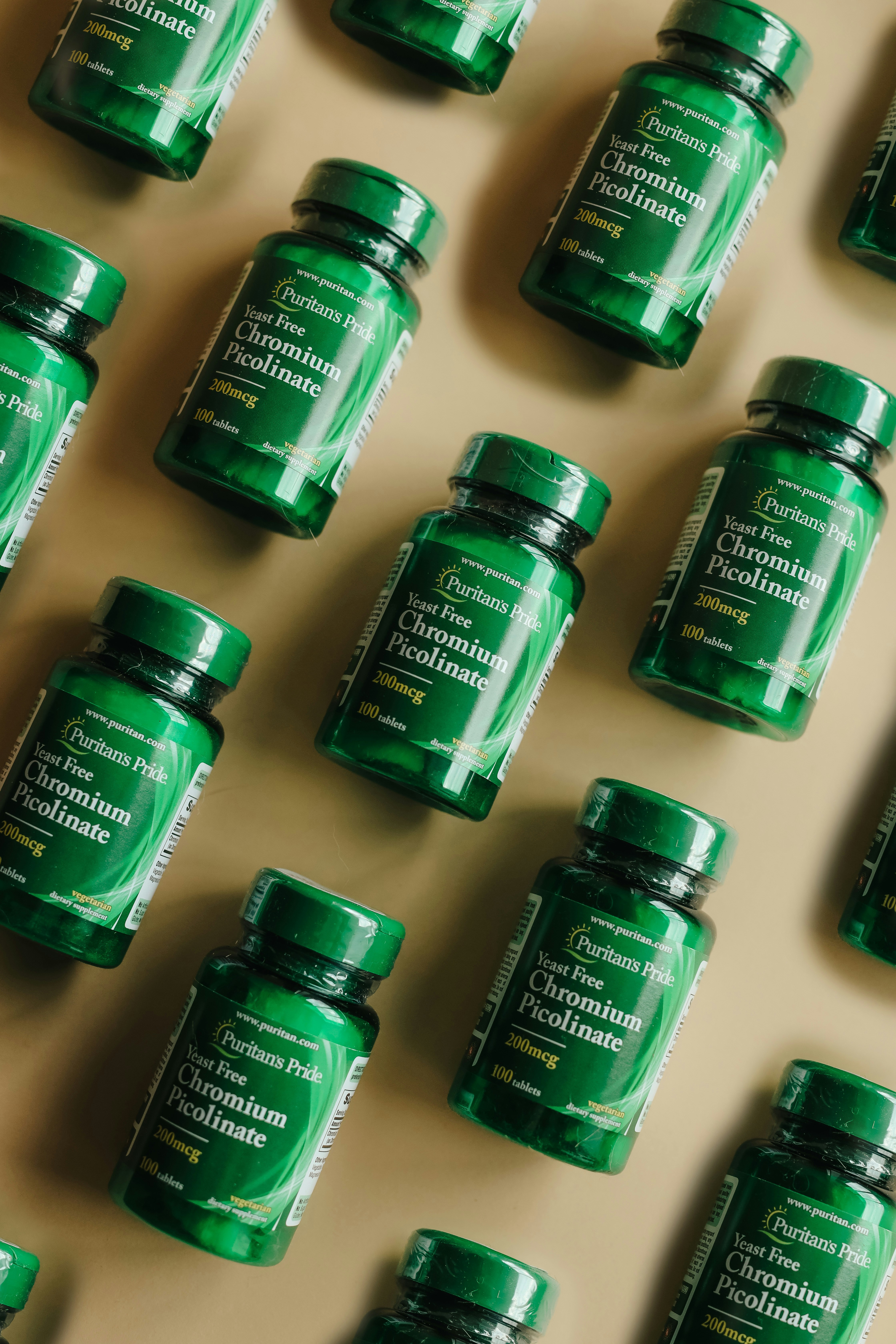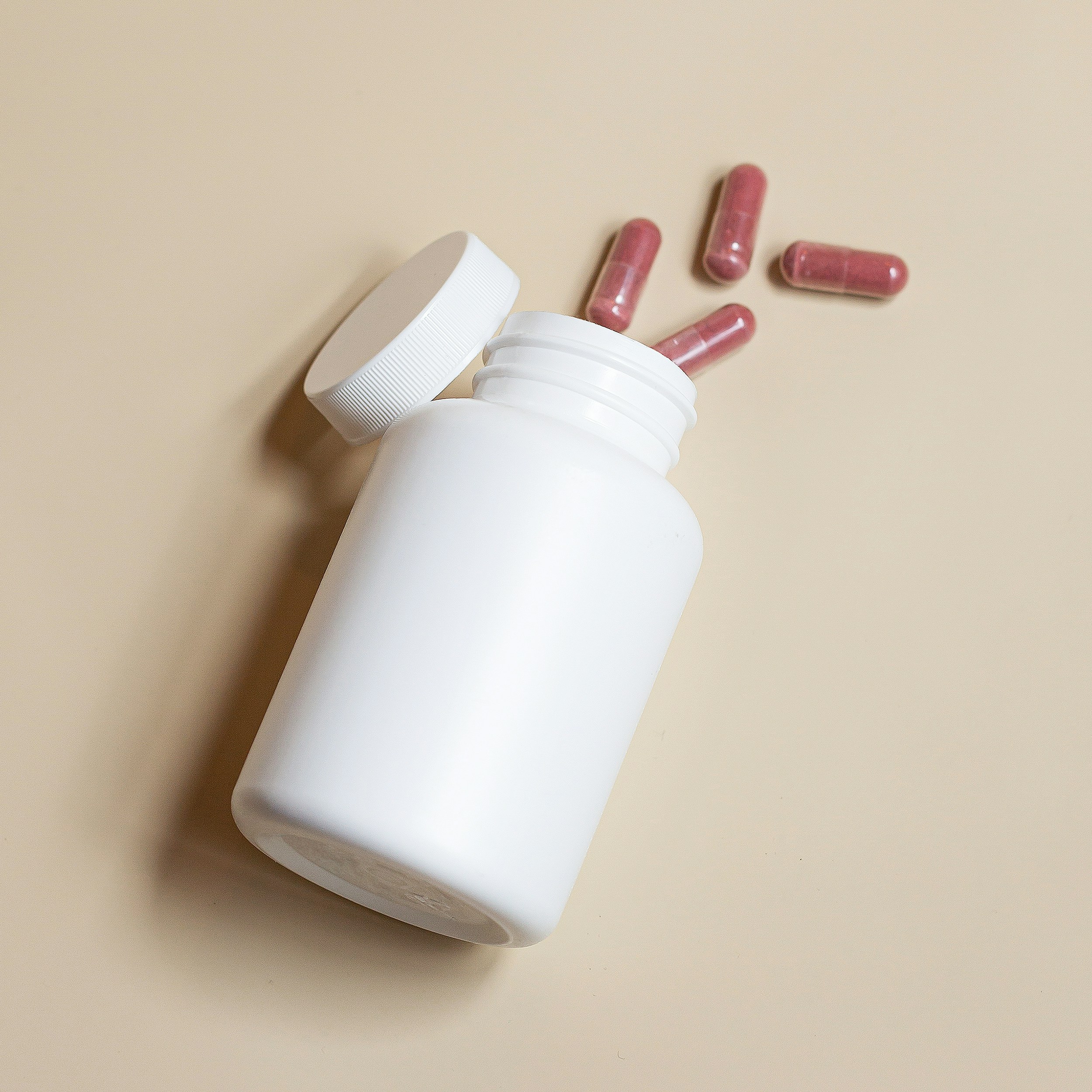Have you ever found yourself wondering about the mysterious workings of your gut? Or faced a slew of health issues and later discovered they were connected to something as seemingly obscure as oxalates? You’re not alone. Many people struggle with health complications that they don’t realize could be linked to oxalates. Let’s unlock the secrets of oxalates together and discuss some gut-friendly supplements that can help manage them.
What Are Oxalates?
First things first: What exactly are oxalates? Oxalates are naturally occurring compounds found in many plant foods, such as spinach, nuts, seeds, and even chocolate. Despite their seemingly benign nature, they can wreak havoc on your gut, especially when consumed in large amounts.
Oxalates and Your Body
When you consume foods high in oxalates, they can bind to minerals to form oxalate salts. This isn’t inherently bad—your body is designed to handle a certain amount of oxalates. But here’s the kicker: if too many oxalates accumulate, it can lead to problems like kidney stones and other digestive issues.
The Role of Gut Health
Your gut is like the command center for your overall health. It affects your immune system, mood, and energy levels. Poor gut health can contribute to increased oxalate absorption, making it crucial to maintain a balanced and healthy gut microbiome.
Common Symptoms of Oxalate Overload
You might be wondering how to tell if oxalates are giving you trouble. The symptoms can be quite varied and often resemble other conditions.
Digestive Issues
Excess oxalates can irritate the gut lining, leading to symptoms like bloating, gas, and diarrhea. You might think you have IBS or another common gut disorder when oxalates could be the underlying culprit.
Kidney Stones
One of the most well-known consequences of high oxalate levels is kidney stones. If you’ve ever experienced this excruciating pain, you know it’s something you want to avoid at all costs.
Fatigue and Brain Fog
Less immediately obvious but equally troublesome are symptoms like chronic fatigue and brain fog. A poor gut environment can affect nutrient absorption and energy levels, making you feel sluggish and mentally cloudy.
Identifying High-Oxalate Foods and Alternatives
If you’re looking to manage oxalates, the first step is to know which foods to limit or avoid. High-oxalate foods are often those we consider healthy, which makes this tricky.
High-Oxalate Foods to Watch Out For
Here’s a basic rundown of some foods that are particularly high in oxalates:
| Food | Oxalate Content |
|---|---|
| Spinach | High |
| Almonds | High |
| Soy Products | High |
| Beets | High |
| Sweet Potatoes | High |
| Dark Chocolate | High |
Lower-Oxalate Alternatives
Don’t worry, you won’t have to sacrifice taste or nutrition while lowering your oxalate intake. Here are some alternatives to consider:
| High-Oxalate Food | Lower-Oxalate Alternative |
|---|---|
| Spinach | Kale, Romaine Lettuce |
| Almonds | Pumpkin Seeds |
| Soy Products | Coconut Products |
| Beets | Carrots |
| Sweet Potatoes | Butternut Squash |
| Dark Chocolate | White Chocolate |
Gut Health Supplements for Oxalate Management
Now, let’s get to the heart of this discussion: supplements that can help you manage oxalates while promoting gut health. Here are some key players that you might want to consider.
Probiotics
Probiotics are the rock stars of gut health. They help maintain a balanced gut microbiome, which can be particularly beneficial for oxalate management. Some strains, like Lactobacillus acidophilus, can even help break down oxalates in the gut.
Calcium Citrate
When you think of calcium, you probably think of strong bones. But calcium citrate serves another crucial function: binding with oxalates in the gut to prevent them from being absorbed into your bloodstream.
Magnesium
Magnesium is another mineral that can be a game-changer for managing oxalates. It works similarly to calcium by binding to oxalates, but it also helps maintain overall gut health and supports muscle function.
N-Acetyl Glucosamine (NAG)
N-Acetyl Glucosamine supports the protective lining of your gut, reducing irritation and inflammation. This can help lower oxalate absorption while improving overall gut health.
Digestive Enzymes
Digestive enzymes like lipase, protease, and amylase can help break down food more efficiently, reducing the likelihood of oxalates wreaking havoc in your gut.
Vitamin B6
Vitamin B6 is essential for oxalate metabolism. It helps convert oxalate into a more easily excreted form, reducing its accumulation in the body.
Practical Tips for Incorporating Supplements
Knowing which supplements to use is one thing, but effectively incorporating them into your daily routine is another. Here are some tips to make it easier.
Start Slowly
If you’re new to supplements, it’s best to start one at a time and see how your body reacts. Beginning slowly can help you identify any adverse reactions early on.
Consult Your Healthcare Provider
Before you add any new supplement to your regimen, it’s crucial to consult with a healthcare provider. They can offer personalized advice and ensure that the supplements won’t interact negatively with any medications you’re taking.
Create a Routine
Incorporate supplements into your daily routine to make it easier to remember to take them. For instance, you could store them next to your toothbrush or coffee maker as a visual cue.
Keep a Log
Maintaining a supplement log can help you track what you’re taking and how it’s affecting your body. This will make it easier to identify any changes or improvements in your symptoms.
Lifestyle Changes for Better Gut Health
Supplements can be incredibly beneficial, but combining them with lifestyle changes can amplify their effects. Here are some tweaks you can make to support your gut and manage oxalates.
Dietary Modifications
Incorporate lower-oxalate foods and ensure you’re getting enough dietary fiber, which supports healthy digestion. Foods rich in fiber include fruits, vegetables, nuts, and seeds.
Stay Hydrated
Drinking plenty of water helps flush oxalates out of your system and supports overall kidney health. Aim for at least 8 cups of water a day, but more if you are active or sweating a lot.
Regular Exercise
Physical activity is great for overall health and can stimulate digestion, making your gut more efficient. Even moderate activities like walking can make a difference.
Stress Management
Chronic stress can negatively impact your gut health, leading to issues like leaky gut and increased oxalate absorption. Stress management techniques such as meditation, yoga, or deep breathing exercises can be beneficial.
Avoid Antibiotics When Possible
While sometimes necessary, antibiotics can wreak havoc on your gut microbiome. They kill off both harmful and beneficial bacteria, making it harder for your gut to manage oxalates effectively.
Monitoring Your Progress
Tracking your progress is essential for understanding how well your current regimen is working and making necessary adjustments.
Symptom Journal
Keep a journal to track your symptoms and any changes you experience. Make note of what you eat, the supplements you take, and how you feel each day.
Regular Medical Check-Ups
Schedule regular check-ups with your healthcare provider to monitor your health markers, such as kidney function and gut health. They can offer insights and recommendations based on your progress.
Lab Tests
Consider periodic lab tests to assess your oxalate levels and overall nutrient status. These tests can provide concrete evidence of your progress and help fine-tune your regimen.
Potential Pitfalls and How to Avoid Them
Even with the best intentions, you might encounter some obstacles along the way. Here are common pitfalls and how to navigate them.
Overreliance on Supplements
While supplements can be beneficial, they should not replace a balanced diet. Aim for a holistic approach that combines supplements with dietary and lifestyle changes.
Ignoring Personalized Needs
What works for someone else might not work for you. Tailor your supplement regimen and lifestyle changes to your specific needs and health conditions.
Skipping Medical Advice
It’s tempting to self-diagnose and self-treat, but always consult healthcare providers for personalized advice. They can provide valuable insights that you might overlook.

Final Thoughts: Holistic Approach to Oxalate Management
Managing oxalates doesn’t have to be a daunting task. By understanding what oxalates are, recognizing the symptoms of overload, and incorporating gut-friendly supplements, you can significantly improve your quality of life. Remember, the journey to better health is a marathon, not a sprint. Small, consistent changes can make a big difference over time.
Taking a holistic approach—considering diet, lifestyle, and targeted supplements—can bring you one step closer to a healthier gut and a happier you. If you stay informed and proactive, you’ll be better equipped to tackle any gut challenges that come your way.




